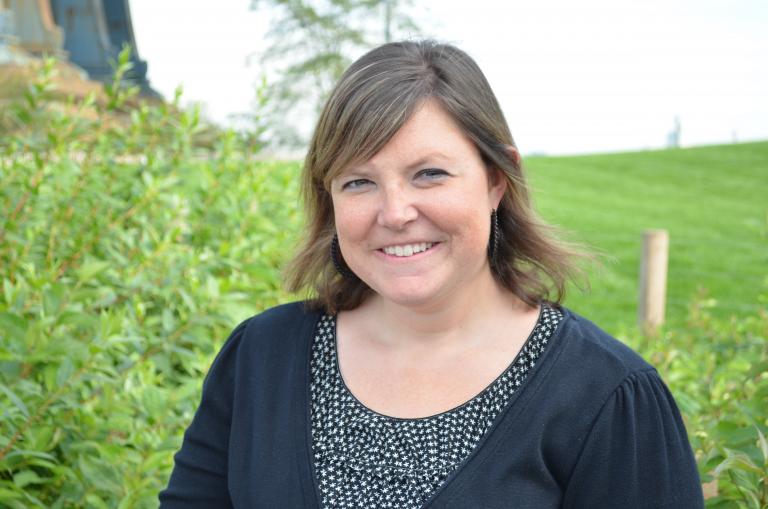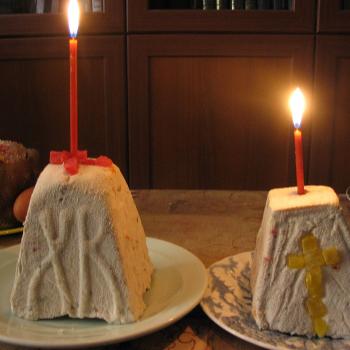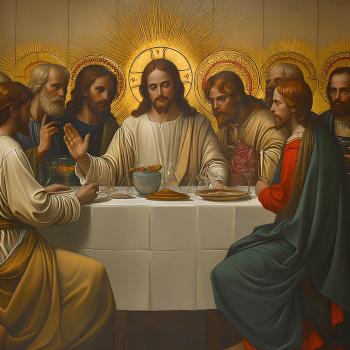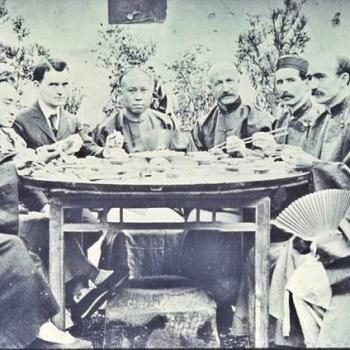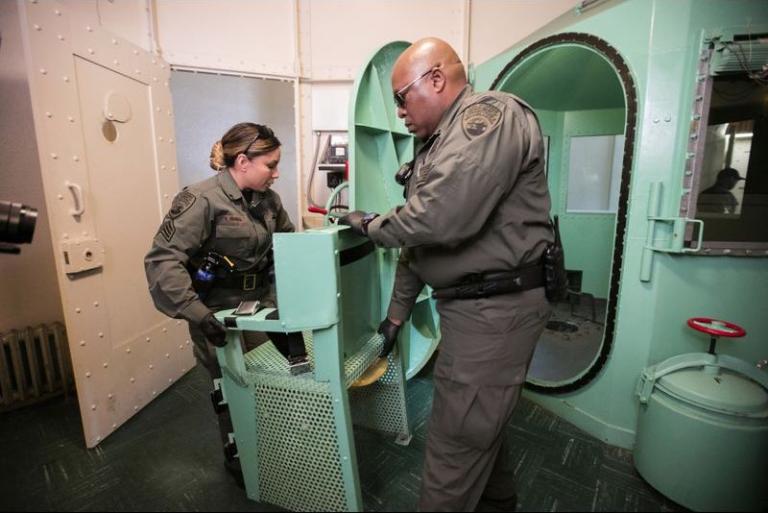
Evangelicals in America are diverse politically, however, they are increasingly speaking with one voice when it comes to racial injustice. This is precisely the case with California’s recent moratorium on executions. Evangelical leaders on the left and the right are hailing Gov. Gavin Newsom’s decision to suspend capital punishment because it has been disproportionately used against people of color.
“The National Association of Evangelicals respects the announcement by California Governor Gavin Newsom that the state is suspending the execution of inmates, in light of documented racial disparities in sentencing,” said Galen Carey, Vice President for Government Relations for the National Association of Evangelicals (NAE), in a statement. “Race should never be a factor in determining the severity of punishment imposed.”
The NAE represents more than 45,000 local churches in the United States from 40 different denominations, and serves a constituency of millions.
“Evangelicals hold a variety of views on the death penalty but we are united in our support for racial justice in all areas of criminal justice, including arrests, prosecution, sentencing, rehabilitation and reentry,” Carey continued.
Members of the EJUSA Evangelical Network, which I lead, feel the same way. Our network is seeking new responses to violence that address trauma, advance racial equity, and fulfill the promise of healing, safety, and restoration for all, including an end to the death penalty. One of our founding members, Dr. Joel Hunter, Faith Community Organizer and former Senior Pastor of Northland Church, served on the NAE Board of Directors Executive Committee for 13 years, ending in 2017.
“As an evangelical who is comprehensively pro-life, I was heartened to see Gov. Newsom’s moratorium on death penalty executions,” Dr. Hunter said. “There are too many questions about the continuing flaws in the system that ends a person’s life: the financial disadvantage to the poor when it comes to mounting a defense, the recognized racism captured in the statistics, the multiple cases of mistaken convictions, the doubts that the death penalty has any deterrent effect even when it’s carried out, the economic costs to the taxpayer of ongoing legal battles, and the ongoing re-traumatizing of both victim and defendant families.”
Another founding member of our group, Dr. Tony Campolo of the Red-Letter Christian movement, views the new California moratorium on executions as a significant milestone on the path toward the total abolition of the death penalty on earth.
“When it comes to ending capital punishment, we’re winning,” Campolo said. “With each victory we are encouraged to press harder, until capital punishment is abolished across the country and then around the world.”
Growing numbers of Evangelicals in America are hoping other governors follow Gavin Newsom’s lead and they are praying that the more than 700 inmates on California’s death row will turn to God, repent, receive His salvation, and spend the remainder of their lives in service to Him. We can choose life. All people should be able to repent and be productive, including those who have committed terrible harm.
Heather Beaudoin is the Senior Manager of the EJUSA Evangelical Network, which promotes a justice system centered on redemption and healing. Heather helped to launch Conservatives Concerned About the Death Penalty and has worked for the National Republican Congressional Committee in Washington DC.


